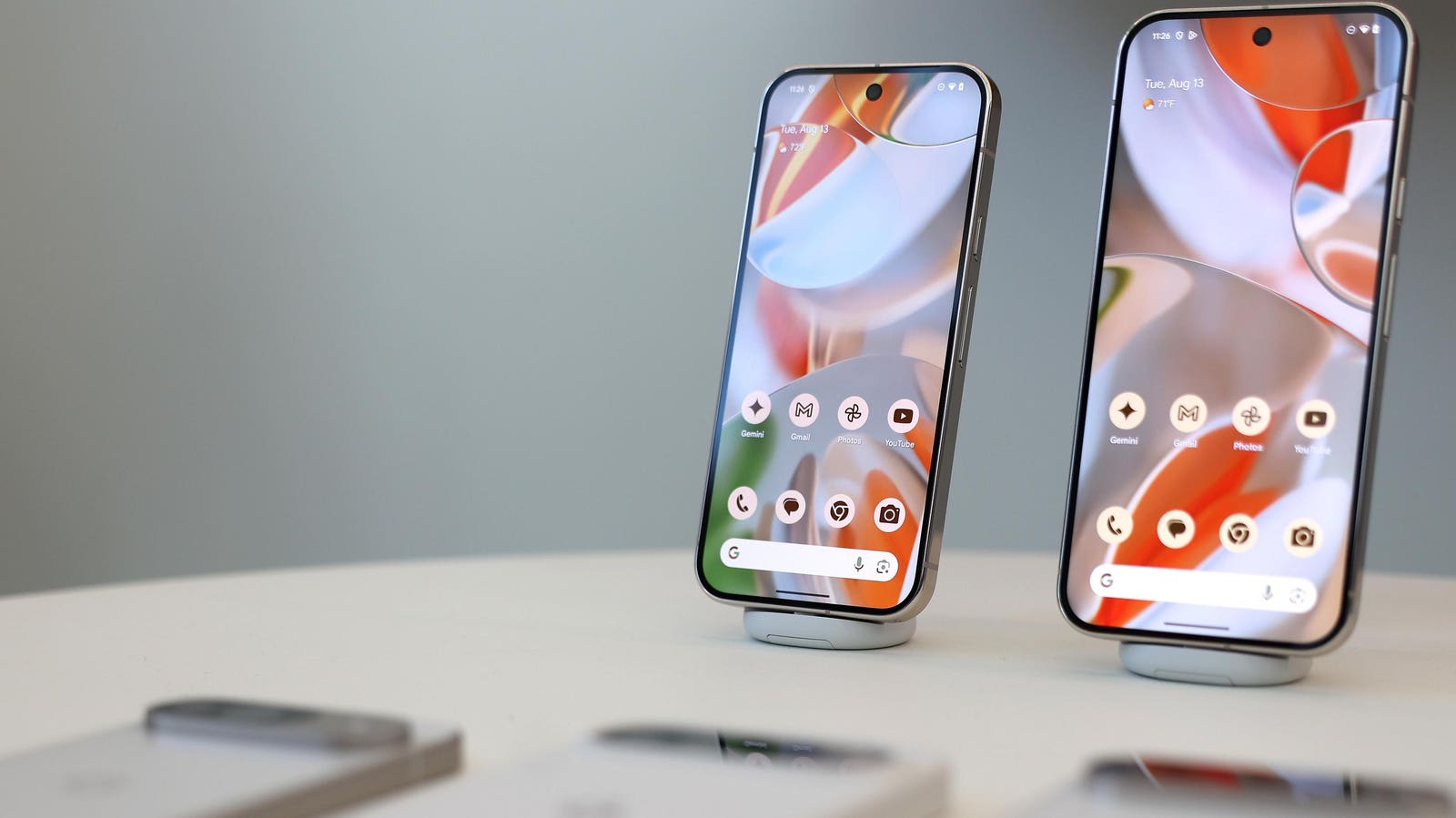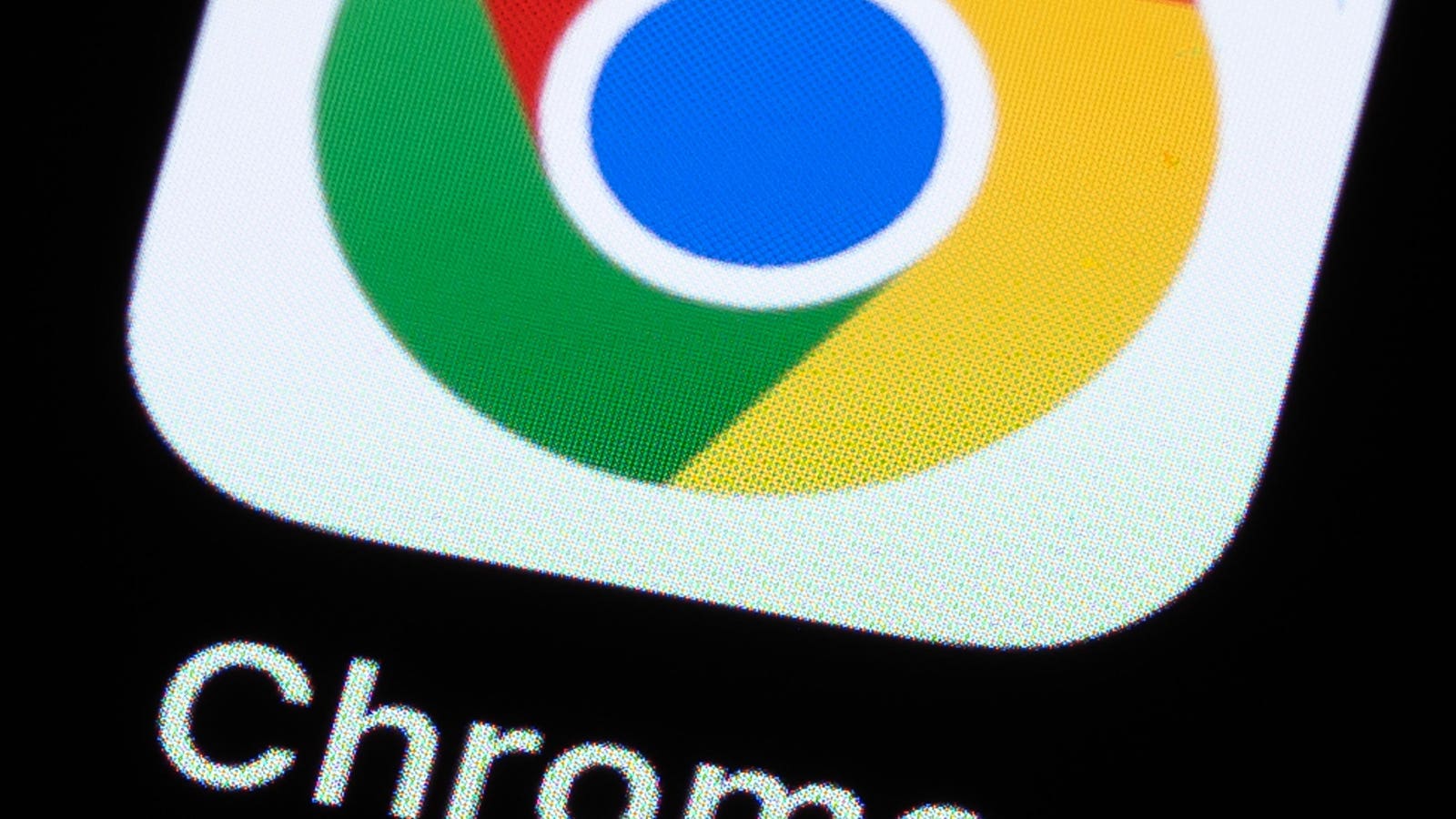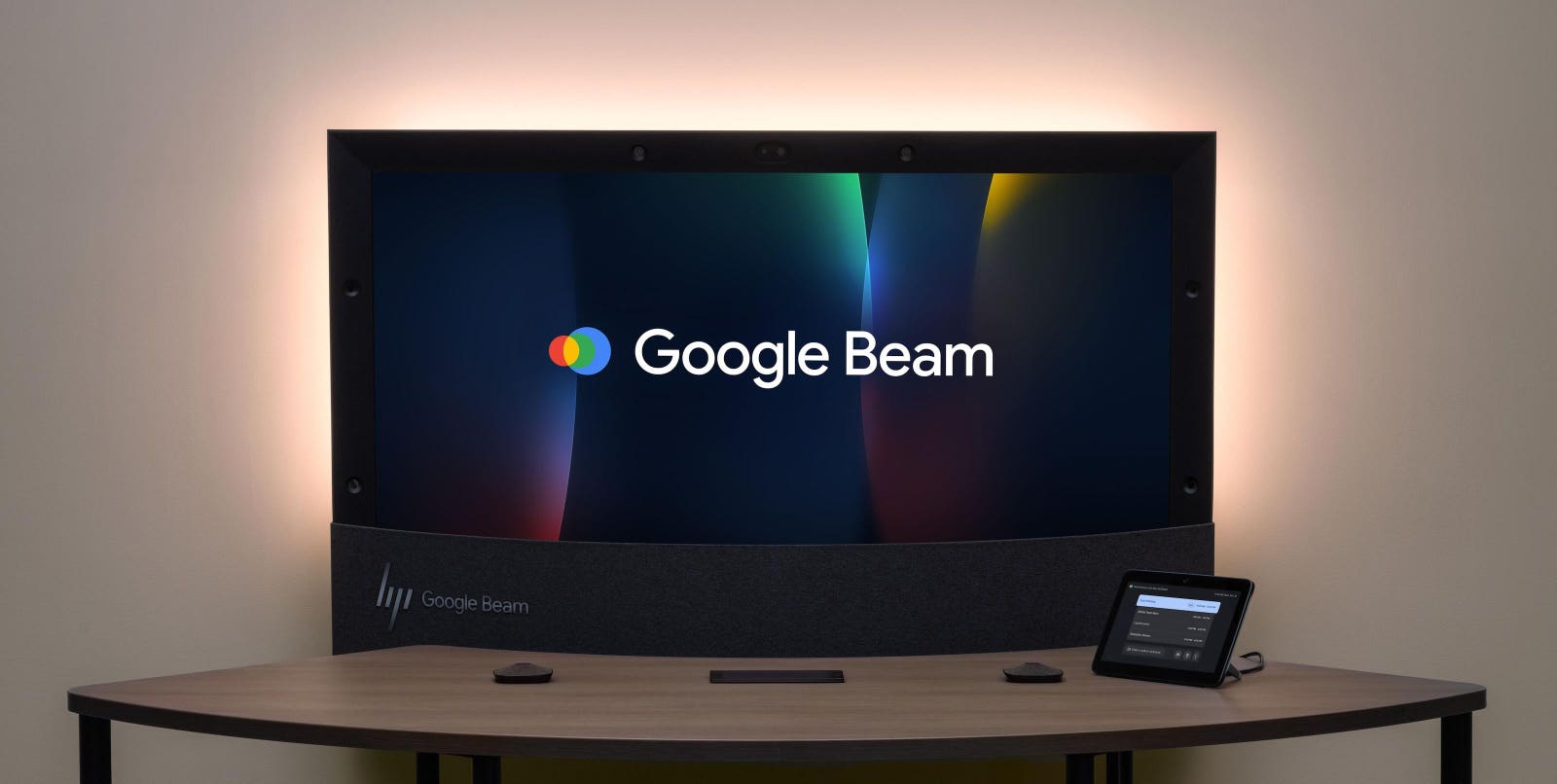Pixel can’t be caught — here’s why.
Update: Republished on May 10 with a new security upgrade for Android phones and further reports on Samsung’s Android 16 upgrade as it chases down Pixel.
Google has warned that Android phones are again under attack, with another serious vulnerability leaving devices exposed to hackers. Within 24 hours, it confirmed that all compatible Pixels “will receive these software updates starting today, and the rollout will continue over the next week in phases.” Good for Pixel — bad for everyone else.
This vulnerability is a memory issue first disclosed by Meta in March. As such, it’s surprising to see this turn up to generate Android headlines two months later. But that also means there should be no delay in other OEMs applying the fix. Samsung has just issued details of its own monthly update and the fix is included.
The twist is that this fix applies just to Android 13 and 14 — Android 12 and below are no longer supported, suggesting Android 15 is already patched. Pixels have already moved to the new OS and so this warning does not apply. Samsung is mid its One UI 7 rollout, with many millions of phones yet to upgrade. As such, it does apply.
Putting that aside, the challenge for Samsung is that it will run the latest monthly update across its global ecosystem through the rest of the month. And while its newest Galaxy flagships will be updated first, they’re also the most likely to be on Android 15. Older phones still on Android 14 will wait the longest for this critical Android 14 fix.
Between the efficiency of monthly updates — including the use of seamless updates which again almost all Samsungs do without — and the expediency of the OS upgrade, it’s again advantage Pixel, with other OEMs playing an unwinnable game of catch-up.
One piece of good news on the security front that will benefit both Pixels and Samsungs has just come courtesy of Android Authority. Its latest teardown “has revealed that Google Password Manager for Android could get automatic passkey upgrades. This would be a major improvement over having to manually upgrade your passwords to passkeys on Android. Passkeys are more secure and convenient alternatives to usernames and passwords,” as has been making plenty of recent headlines.
The team spotted the change in the “latest version of the Google Play Services app (version 25.19.31 beta)“ and then enabled the automatic passkey option to see how it worked. “This feature means your phone’s existing website and app credentials would be converted to passkeys without your explicit permission. Instead, when you sign in to a supported service with your password, Google Password Manager will seamlessly upgrade your credentials to a passkey and notify you.”
Google is pushing passkeys hard, with even standard two-factor authentication (for which you can read SMS one time codes) now seen as inadequate to secure accounts and platforms, and increasingly easy to bypass or intercept. Google hasn’t gone as far as Microsoft, which is pushing to delete passwords for a billon users. The reason being that if passwords are left on accounts, they remain a vulnerability. Either way, this is a welcome move for Pixels (who’ll get this first, again) and Samsungs beyond that.
There is a twist for Pixel owners this month though, with Google confirming there’s no turning back. “Warning,” it told developers, “the May 2025 update for Pixel 6 (6, 6 Pro, 6a) and Pixel 8 (8, 8 Pro, 8a) devices contains a bootloader update that increments the anti-roll back version for the bootloader. This prevents the device from rolling back to previous vulnerable versions of the bootloader. After flashing the May 2025 update on these devices you won’t be able to flash and boot older Android 15 builds.”
“This is crucial for anyone who manually flashes factory images,” Chrome Unboxed says. “Once you install this May update on those specific devices, you will not be able to flash or boot older Android 15 builds. This is a security measure to prevent downgrading to potentially vulnerable software versions.”
Google warns that “while it may be possible to restore certain data backed up to your Google Account, apps and their associated data will be uninstalled. Before proceeding, ensure that data you would like to retain is backed up to your Google Account.”
That aside, all eyes are now Samsung’s One UI 8 rollout, complete with the teased fix for the leaky Secure Folder issue, and whether this next OS upgrade addresses the awkward optics of One UI 7 which teetered from one problem to the next. We’re told this will be faster and closer behind Pixel, it really needs to, especially for $2000 flagships.
And on that front, “Samsung’s One UI 8 beta based on Android 16 [may] arrive sooner than you’d think.” Per GSMArena, “the company is now said to be almost ready to release the first beta… According to a new report, this will go out in the third week of this month, earlier than the mid-June date rumored mere hours ago.”
According to SamMobile, “we hear that Samsung will initiate the One UI 8 beta program in the third week of May. It’s likely that the beta program may not be as widely available as previous programs have been. The One UI 8 beta might only be for select devices in limited markets. A wider roll out is expected by June.”
While Android Central comments that “the emergence of an early One UI 8 beta program might come as a surprise considering the struggles Samsung experienced delivering One UI 7, based on Android 15. That update was a multi-year overhaul that brought many challenges, whereas One UI 8 is expected to be a smaller and more manageable update. Paired with Google moving up its Android release schedule, this all helps explain why One UI 8 appears to be progressing quicker than expected.”
The remaining issue, though, is the oddity of Google supplying and competing with other OEMs. With its control of Pixel’s hardware through Android software, it has the full stack in the same way Apple does with iPhone. And while the Google-Samsung relationship is undoubtedly close and getting closer, Pixel is also undoubtedly more of a competitive threat than it has ever been before, especially in the premium category.
In China, there’s talk of OEMs moving away from Android, as Huawei has already done given sanctions restricting access to U.S. technology. Whisper it quietly, but the best thing for Samsung might be to do the same, to create a genuine iPhone competitor, with access to Google’s apps and services as needed — just as iPhones do now.








